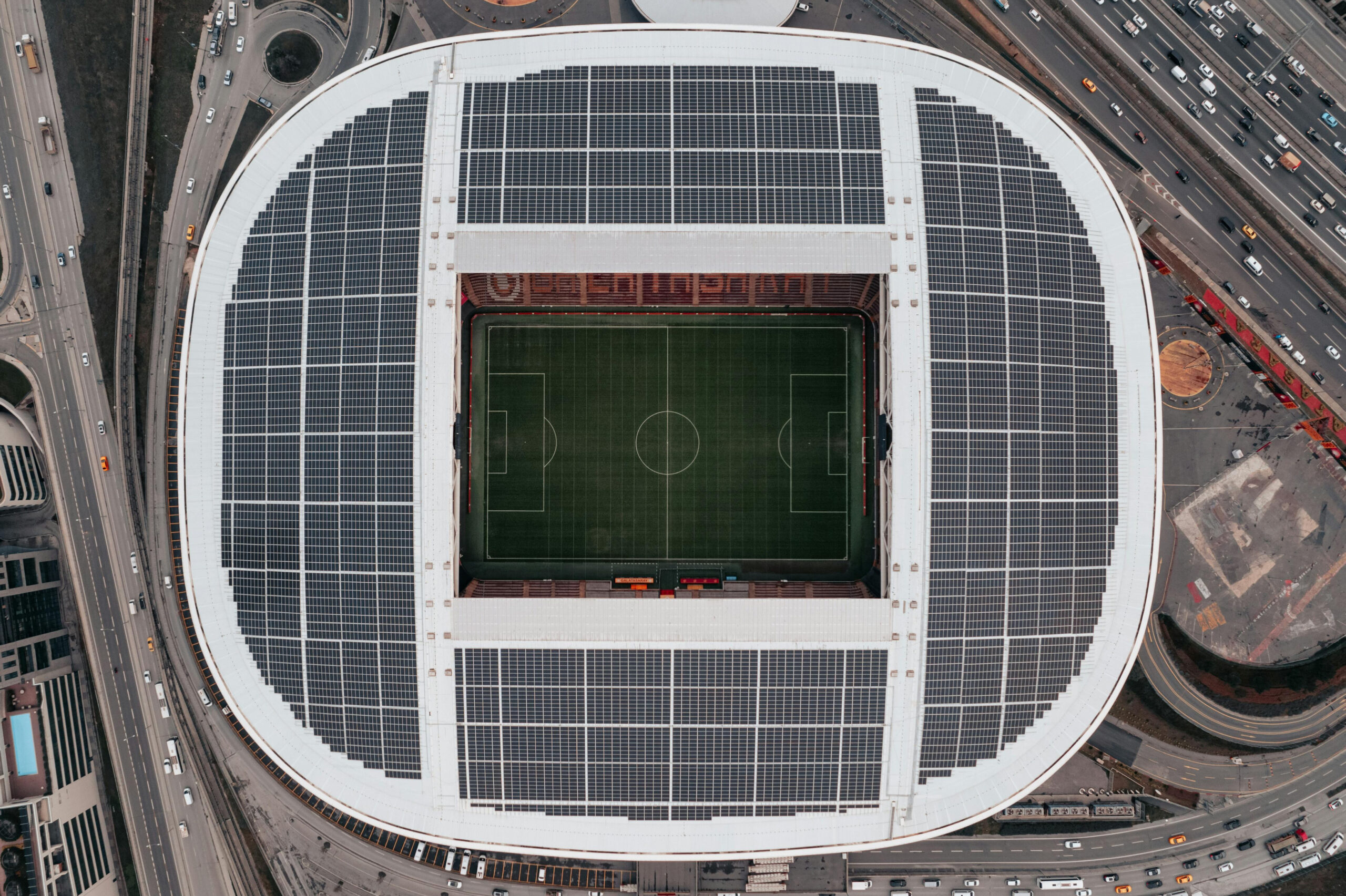In an era defined by climate change, geopolitical tensions, and volatile fuel markets, the question of global energy security has never been more urgent. Nations around the world are searching for sustainable, reliable, and affordable energy solutions. At the centre of this shift stands solar power – a resource abundant, renewable, and increasingly affordable. Beyond its environmental benefits, solar energy has the potential to reshape global energy systems and secure the future of supply for generations to come.
Understanding Energy Security in a Changing World
Energy security is about more than just keeping the lights on. It encompasses reliable supply, price stability, and the ability to withstand disruptions caused by political conflicts, natural disasters, or market fluctuations. Traditional energy systems, dominated by fossil fuels, are inherently vulnerable. Oil and gas reserves are concentrated in a few regions, making many nations dependent on imports. Solar power, by contrast, offers a decentralised solution that reduces reliance on unstable supply chains.
Solar Power as a Decentralised Energy Source
Unlike coal, oil, or natural gas, solar energy is universally available. Nearly every country has the potential to harness sunlight, turning rooftops, deserts, and open spaces into power generators. By generating electricity locally, solar reduces dependence on foreign imports and lowers exposure to global fuel price spikes. For developing countries, this means building energy independence without the financial and political burdens of fossil fuel dependence.
Reducing Vulnerability to Geopolitical Shocks
The global energy landscape is often shaped by geopolitical conflicts and trade disputes. Wars, embargoes, and supply chain disruptions have repeatedly shown how fragile fossil-fuel-dependent systems can be. Solar energy offers a way out of this vulnerability. A country with strong solar infrastructure can protect itself against international turbulence, insulating households and industries from sudden shortages or price surges. This resilience makes solar power a strategic asset in national security planning.
Affordability and Long-Term Stability
Another key factor in energy security is affordability. Fossil fuel prices are notoriously volatile, swinging with global demand and political unrest. In contrast, solar energy provides predictable, long-term stability. Once panels are installed, the primary cost is maintenance, with sunlight itself being free. Falling installation prices and growing economies of scale make solar one of the cheapest energy sources available today. This stability ensures that countries and consumers alike can plan for the future with confidence.
Enhancing Grid Resilience Through Diversification
Energy systems are stronger when they are diverse and decentralised. Solar power, especially when combined with battery storage, enhances grid resilience by providing distributed generation. In times of crisis, whether natural disasters or infrastructure attacks, solar installations can keep critical systems running. Microgrids powered by solar can operate independently of national grids, offering communities a backup supply during blackouts. This makes solar not just an environmental solution but a cornerstone of disaster preparedness.
Solar Power and the Global Green Transition
Energy security is closely tied to climate security. As nations work towards net-zero goals, solar power stands out as a scalable, low-carbon solution that can meet rising demand without worsening the climate crisis. By investing in solar, countries can achieve two goals at once: strengthening energy independence and meeting international climate commitments. In this way, solar becomes the bridge between sustainability and security.
The Role of Innovation and Policy
The global adoption of solar power depends on supportive policy frameworks and continued innovation. Advances in panel efficiency, storage technologies, and smart grid integration will accelerate the role of solar in securing global energy systems. Meanwhile, governments can drive the transition through incentives, subsidies, and investments in infrastructure. As costs fall and technology improves, solar will only grow as a cornerstone of national and global energy strategies.
Conclusion: A Secure and Sustainable Energy Future
Solar power is more than a renewable energy option – it is a foundation for global energy security. By reducing reliance on volatile fossil fuels, insulating nations from geopolitical risks, and providing an affordable, resilient supply, solar energy offers a pathway to a stable future.
As the world faces rising energy demands and growing climate pressures, solar power is not just part of the solution – it is the key. By unlocking the potential of the sun, we can build an energy system that is both secure and sustainable for generations to come.

